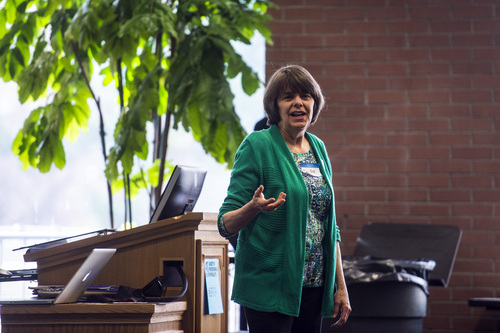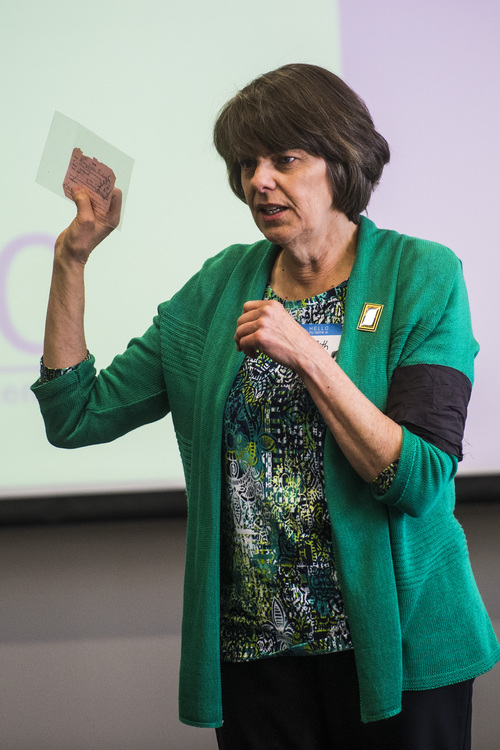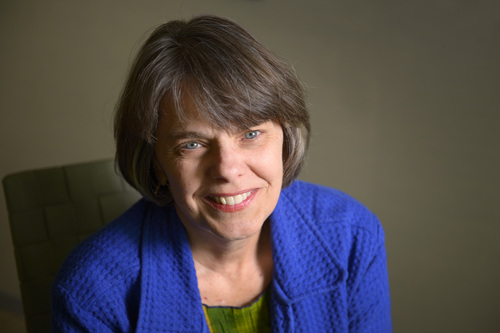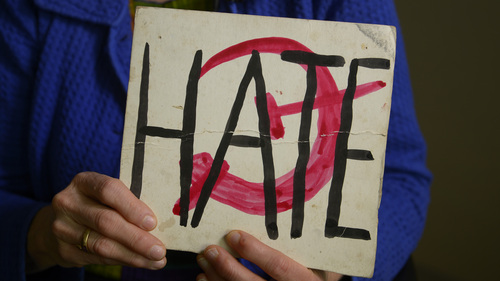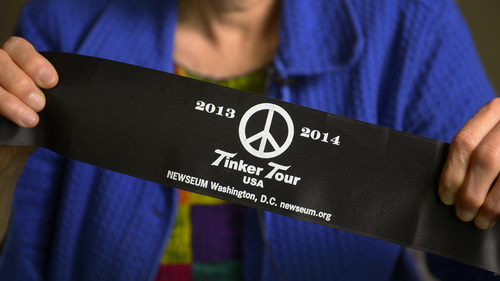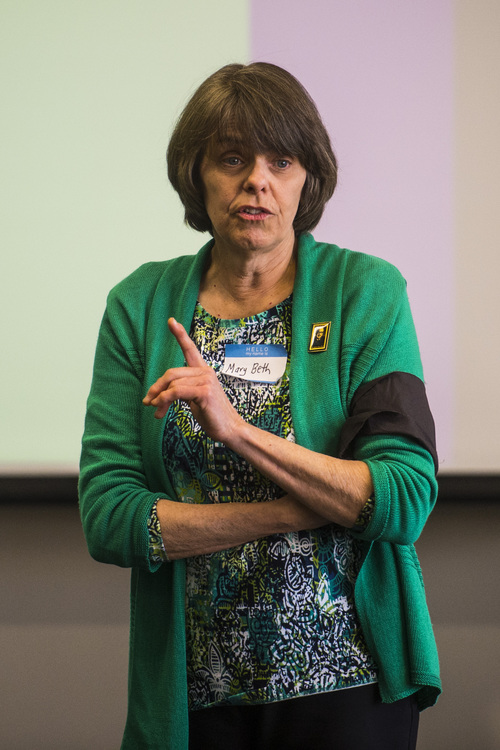This is an archived article that was published on sltrib.com in 2014, and information in the article may be outdated. It is provided only for personal research purposes and may not be reprinted.
Mary Beth Tinker remembers being barely older than a toddler attending church, singing "Jesus loves the little children, all the little children of the world," when she first learned about hypocrisy in the world.
As it turned out, some people in the church where her father was a pastor didn't really love "all the little children." His advocacy for civil rights for African-Americans cost him his job.
It was the first of many times Tinker witnessed brave acts by her parents as they fought for justice and equality during a pivotal period in U.S. history.
Their example inspired a self-described "shy girl reluctant to break rules" to stand up for her own First Amendment rights with an act of defiance that forever altered U.S. law.
As a 13-year-old Iowa middle-school student in 1965, Tinker was among a small group of students prevented from wearing black armbands to school to mourn soldiers killed on both sides of the Vietnam War.
With the help of the American Civil Liberties Union, she and her peers challenged the ban all the way to U.S. Supreme Court and won.
The landmark 1969 Tinker vs. Des Moines Independent Community School District decision, in which the court famously held that individuals "do not shed their constitutional rights to freedom of speech or expression at the schoolhouse gate," has become the standard by which all other student First Amendment cases are judged.
Tinker was in Salt Lake City Saturday as part of the nationwide "Tinker Tour," which aims to educate young people about their free speech rights and encourage them to exercise those with respect and care.
Young people's civic involvement is as important as ever, she said.
"We now live in a time that's a lot like it was back then for me," Tinker said.
As she travels the country, she's met young people petitioning for harmful chemicals to be removed from consumer products. They're sounding off about addiction and e-cigarettes and advocating for water conservation and other issues related to environmental responsibility.
They're acting as young people have throughout history to change our nation's course for the better, Tinker said.
"Young people's brain chemistry is geared toward taking risks and taking action," she told participants in the Society of Professional Journalists Region 9 Conference, many of whom were students. "You're fresher. You're not willing to just accept that that's the way we've always done things. We need voices of young people so much today."
Tinker called on adults to ensure that young people have the means to make a difference.
Nationwide, schools are eliminating journalism programs, particularly in poorer areas, she said.
"The great issue for student media is just the sheer inequality in access," Tinker said. "We need adult organizations that care about our society to help provide resources. Without [student media] the whole society is cheated out of [young people's] great ideas."


